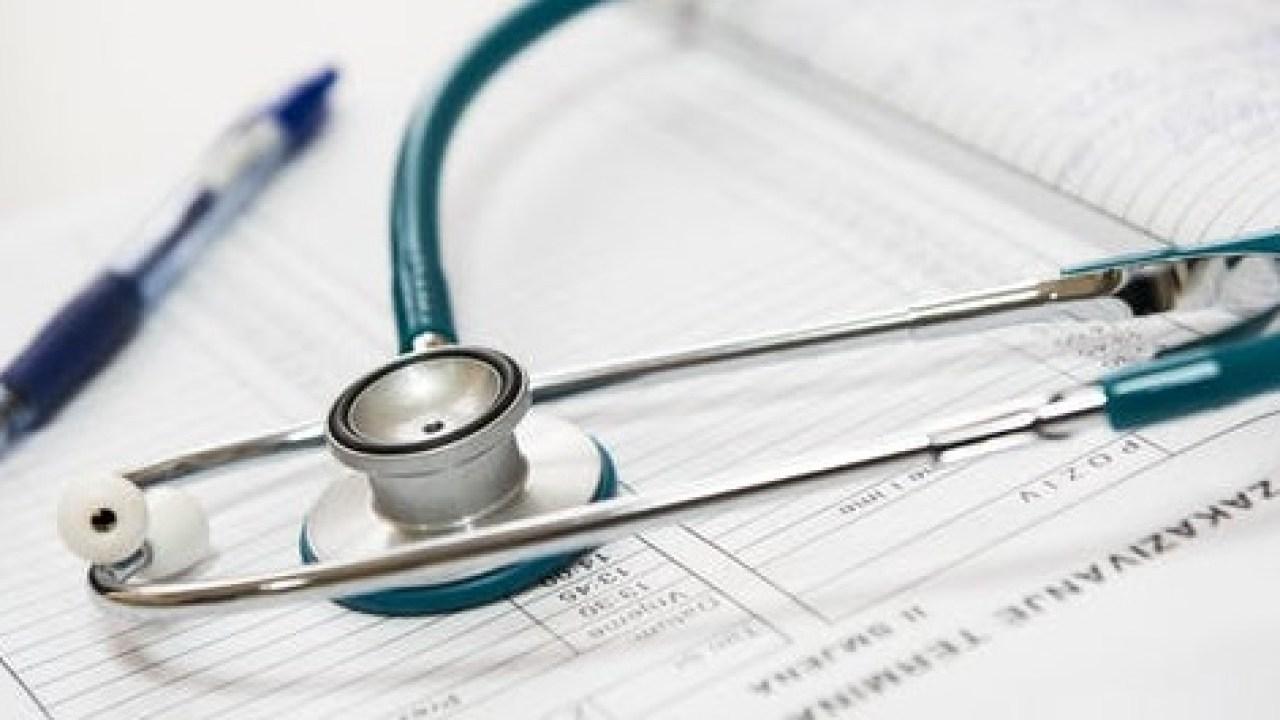
Medical Science Liaisons play a crucial role in the intersection of medicine, science, and healthcare. As highly trained professionals, they act as a bridge between pharmaceutical companies and the medical community, ensuring that valuable scientific information reaches healthcare providers. Their expertise not only enhances the understanding of new treatments and therapies but also supports the dialogue between clinicians and the research teams behind innovative drug development.
Increasingly, the presence of Medical Science Liaisons is being recognized for its positive impact on patient outcomes. By facilitating the exchange of knowledge, they help to ensure that healthcare professionals are well-informed about the latest advancements in medical science. This, in turn, enables clinicians to make more informed decisions, ultimately leading to improved patient care and enhanced therapeutic results. Understanding the influence of Medical Science Liaisons in the healthcare ecosystem is essential for appreciating how they contribute to advancing patient health and well-being.
Role of Medical Science Liaisons
Medical Science Liaisons serve as a vital bridge between pharmaceutical companies and the healthcare community. Their primary responsibility is to disseminate scientific information about products and therapeutic areas to healthcare professionals. With their in-depth understanding of both the science and the clinical implications, they facilitate discussions that contribute to better informed clinical decisions. They also stay attuned to emerging research and treatment trends, ensuring that healthcare providers have access to the latest evidence-based information.
In addition to sharing knowledge, Medical Science Liaisons play a crucial role in gathering insights from healthcare professionals. By understanding the perspectives and experiences of clinicians, they provide valuable feedback to their companies. This information can influence product development, marketing strategies, and educational initiatives. Their ability to communicate complex scientific data in an accessible manner enhances the dialogue between industry and healthcare providers, fostering a collaborative approach to patient care.
Furthermore, Medical Science Liaisons engage in clinical trial support and investigator-initiated study collaborations. They help identify potential sites and investigators who may contribute to research efforts, ensuring that clinical trials are conducted efficiently and ethically. Through these activities, they contribute to advancing medical knowledge and improving patient outcomes, as new treatments and therapies become available. Their expertise not only enhances the credibility of pharmaceutical companies but also ensures that healthcare providers have the resources they need to deliver quality care.
Impact on Healthcare Professionals
Medical Science Liaisons play a crucial role in bridging the gap between pharmaceutical companies and healthcare professionals. By providing reliable and up-to-date scientific information, they enable healthcare practitioners to make informed decisions about treatment options. This timely access to knowledge enhances the ability of healthcare professionals to stay current with the latest therapeutic advancements and clinical research, ultimately benefiting patient care.
https://app.ccrps.org/courses/medial-monitor-certification
Moreover, MSLs foster strong relationships with healthcare providers through educational initiatives and support. By organizing seminars, workshops, and one-on-one meetings, MSLs can address specific clinical questions and provide insights into new therapies and their real-world applications. This collaborative approach not only empowers healthcare professionals with essential information but also encourages a deeper understanding of the therapeutic landscape.
Furthermore, the presence of MSLs in the field contributes to more effective communication between healthcare providers and the pharmaceutical industry. MSLs serve as a resource for healthcare professionals seeking clarification on complex scientific data or drug mechanisms. This synergy enhances treatment strategies, as healthcare providers can tailor their approaches based on the most relevant and evidence-based information available.
Improving Patient Outcomes
Medical Science Liaisons play a crucial role in bridging the gap between pharmaceutical companies and healthcare professionals. By providing accurate and up-to-date scientific information, they ensure that clinicians are well-informed about the latest advancements and treatment options. This knowledge empowers healthcare providers to make better prescribing decisions, ultimately leading to enhanced patient care and improved health outcomes.
Furthermore, Medical Science Liaisons are instrumental in facilitating ongoing education for healthcare providers. Through training sessions, seminars, and one-on-one interactions, they can address any questions or concerns that doctors may have about new therapies. By fostering a strong relationship between medical professionals and the latest research findings, they support clinicians in optimizing treatment plans tailored to individual patient needs.
In addition to supporting healthcare providers, Medical Science Liaisons can also gather valuable feedback from the field regarding patient experiences and treatment efficacy. This feedback is essential for pharmaceutical companies to refine their research and development efforts, ensuring that new products are aligned with real-world clinical needs. By acting on this feedback, Medical Science Liaisons contribute to creating a cycle of continuous improvement that ultimately benefits patients through better therapies and interventions.